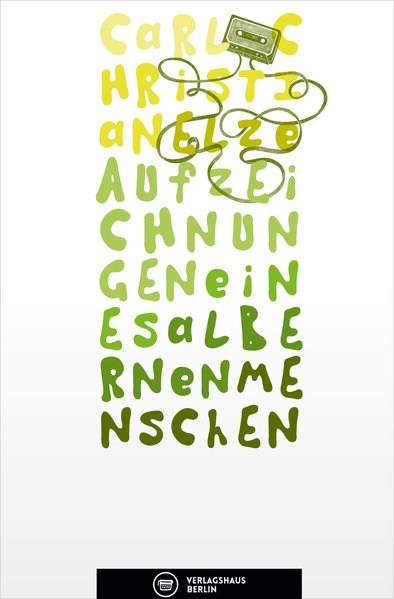
A Tribute to Margot Bettauer Dembo (1928 – 2019), by Barbara Perlmutter
Just a few weeks ago, Margot delivered her just-finished translation of Anna Seghers’ short stories, including Der Ausflug der Toten Mädchen (‘The Dead Girls’ Outing’), to her publisher Edwin Frank at New York Review Books. We will have to enjoy the publication of this third Seghers translation without her presence. Margot died in New York City, on July 10th, quite suddenly, at the age of ninety-one. Her many friends and colleagues will feel the loss for a very, very long time.
Born on 10 January 1928 in Mannheim, Germany, her family emigrated to the US when Margot was a young girl and settled in Toms River. After raising her three children, Wendy, Robert and David, Margot worked as editor (WW Norton, American Museum of Natural History) followed by her career as freelance translator, often choosing books dealing with the war and post-war times. Her translations included:
Jost Hermand – A Hitler Youth in Poland, 1998
Ruth Elias, Triumph of Hope – From Theresienstadt and Auschwitz to Israel, 1999
Solomon Perel – Europa, Europa, 1997
Hans-Joachim Maaz – Behind the Wall – The Inner Life of Communist Germany, 1995
Margot had the perfect prerequisite for a translator: a lasting emotional tie to the German language and a native sense of English. Later, Margot translated books by Joachim Fest, Zsuzsa Bank, Kristina Dunker, Vicky Baum and others. And as all translators know so well, she was always busy preparing one sample translation or other for editors who needed help deciding which book to publish.
When Margot was asked to look at Judith Hermann’s debut novel, Summer House, Later, it was love at first sight. Margot would marvel at the languid flow of Hermann’s prose – and be thrilled at finding just the right phrases in English. Listening to Margot quote from the original or her translation one sensed her deep obligation to the authors. She often became the authors’ friend. Margot’s most recent translations were Anna Seghers’ books, The Seventh Cross and Transit, for New York Review Books. Here again, her experience with a German language of past generations made her supremely suitable as translator for this author.
Margot loved the company of other translators. When travel was still easy for her, she followed invitations to ALTA and conferences in Berlin or Straelen, where she met up with translators from Bulgaria and Iran who were at work on the same book. Margot was awarded the Goethe-Institut/Berlin Translator’s Prize in 1994 and the Helen and Kurt Wolff Translator’s Prize in 2003. She also worked as a translator for two feature documentary films, ‘The Restless Conscience’, nominated for an Academy Award, and ‘The Burning Wall’.
There was Margot Bettauer Dembo, the translator, but many knew her also as Margot, the gardener-friend. She loved her farm in Ancramdale, upstate New York, where she spent weekends tending her vegetables, grown from seeds, first germinated on her window sills in her Riverside Drive apartment. By mid-summer the call went out to come pick her no-nonsense vegetables, cabbage, parsnips and celery root. But not before sitting down for lunch of a cold vegetable soup, with bread and cheese from Zabars. We are grateful for the memories of this strong and graceful woman. We are grateful her translations will live into the future.